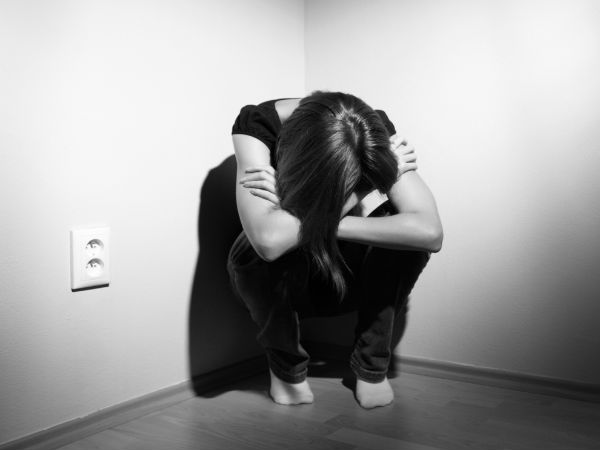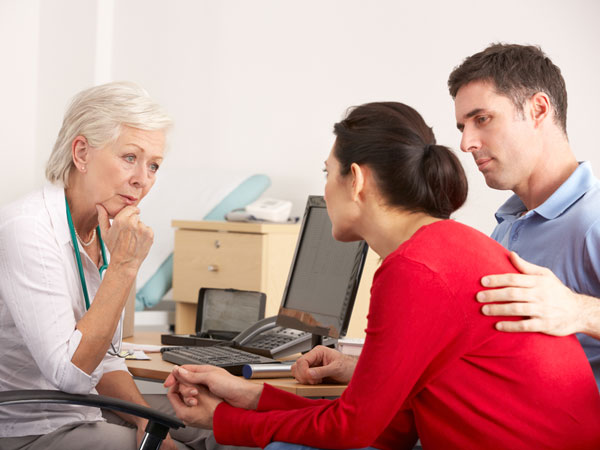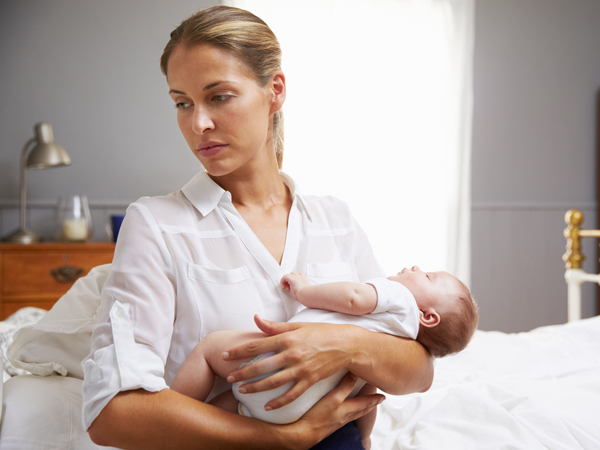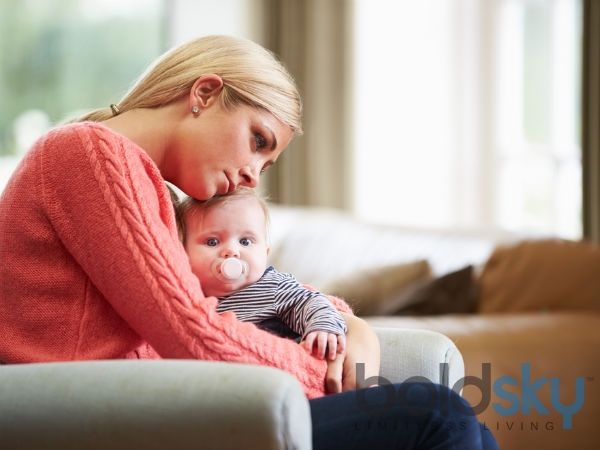Just In
- 21 min ago

- 3 hrs ago

- 7 hrs ago

- 11 hrs ago

Don't Miss
- Movies
 Udne Ki Aasha Update | Neha Harsora On Sailee's Bridal Look Being Similar To Priyanka Chopra's Raat Ke Dhai Ba
Udne Ki Aasha Update | Neha Harsora On Sailee's Bridal Look Being Similar To Priyanka Chopra's Raat Ke Dhai Ba - News
 Bengaluru Park Tragedy: Mother Avenges Daughter's Killer After He Stabs Her To Death
Bengaluru Park Tragedy: Mother Avenges Daughter's Killer After He Stabs Her To Death - Automobiles
 Force Gurkha 5-Door SUV – New Features, Dual Tone Interiors & More
Force Gurkha 5-Door SUV – New Features, Dual Tone Interiors & More - Finance
 100 Grams Of 22K Gold Dearer By Rs 5000 In India: Check Yellow Metal Prices After Latest Rise
100 Grams Of 22K Gold Dearer By Rs 5000 In India: Check Yellow Metal Prices After Latest Rise - Education
 Jharkhand Board Class 10th result 2024 is OUT; Know steps to check the result
Jharkhand Board Class 10th result 2024 is OUT; Know steps to check the result - Technology
 AltStore PAL Launches in Europe – the First Third-Party Apple App Store
AltStore PAL Launches in Europe – the First Third-Party Apple App Store - Sports
 FIDE Candidates Tournament: Praggnanandhaa holds Nepomniachtchi for draw, Gukesh beats Abasov, Vidit loses; Player Standings After Round 12
FIDE Candidates Tournament: Praggnanandhaa holds Nepomniachtchi for draw, Gukesh beats Abasov, Vidit loses; Player Standings After Round 12 - Travel
Telangana's Waterfall: A Serene Escape Into Nature's Marvels
Difference Between Postpartum Depression and Postpartum Psychosis
Both postpartum depression and postpartum psychosis start after the birth of the child. Postpartum depression is more common. According to research, one in every seven women suffer from postpartum depression after child birth.
Symptoms often vary from patient to patient but the most common ones are anger, anxiety, crying, irritation, moving away from near and dear ones, feelings of numbness, inability to take care of the baby and sometimes thoughts of even hurting the baby.
Also Read: Does Fear Cause Postpartum Depression?
These symptoms can have serious effects if they are not taken care of in the early stages. The symptoms can continue appearing for days or even many months. Postpartum depression does not go away on its own, but both mild and severe cases can be successfully treated with different forms of psychotherapy and antidepressant medication.

A mother's depression may affect her child's development, thus receiving treatment is essential for both the mother and the baby. Depression not only hurts the mother, but additionally affects her family. Postpartum depression affects a mother's capability to parent.

Postpartum psychosis is a severe mental condition. It is not as common as postpartum depression but can prove to be fatal for both the mother and the baby. Symptoms include delusions, hallucinations, mood swings, confusion and paranoia.

In case of postpartum psychosis, it becomes incredibly important to seek help immediately and in the proper direction to stabilize the thinking, behaviour and moods of the mother so that she does not end up hurting her baby.

Research has proved that women who have cases of bipolar disorder in their family are more at risk to suffer from postpartum psychosis. In very rare cases, postpartum psychosis has led to infanticide and suicide attempts.

Treatment will almost always need admission to a psychiatric hospital. Some hospitals have mother and infant units, which allow the infant to remain with the mother and where both the mother and the infant can be monitored by medical practitioners.
Medicine is essential for the treatment of postpartum psychosis so as to address the chemical imbalance that leads to the condition. Stabilizers and anti-psychotics are often used.
-
 wellnessInternational Men’s Day 2023: 5 Mental Health Issues Often Ignored In Men
wellnessInternational Men’s Day 2023: 5 Mental Health Issues Often Ignored In Men -
 healthGlenn Maxwell's Triumph Over Depression With His Wife By His Side: Can Your Partner Be The Saving Grace?
healthGlenn Maxwell's Triumph Over Depression With His Wife By His Side: Can Your Partner Be The Saving Grace? -
 healthMonsoon Continues In Many Parts Of India: Can Rain Trigger Depression?
healthMonsoon Continues In Many Parts Of India: Can Rain Trigger Depression? -
 pregnancy parentingObesity And Depression: 5 Ways You Can Support Your Kid
pregnancy parentingObesity And Depression: 5 Ways You Can Support Your Kid -
 wellnessWorld Mental Health Day: Tips To Deal With Morning Anxiety Before Work
wellnessWorld Mental Health Day: Tips To Deal With Morning Anxiety Before Work -
 health5 Things To Try In Addition To Therapy For Mental Health Illnesses
health5 Things To Try In Addition To Therapy For Mental Health Illnesses -
 healthNegative Thinking Disorder: How To Suppress Negative Thoughts To Improve Your Mental Health?
healthNegative Thinking Disorder: How To Suppress Negative Thoughts To Improve Your Mental Health? -
 healthYour Food Can Trigger Depression, Are You At Risk? 5 Foods You Should Be Wary Of
healthYour Food Can Trigger Depression, Are You At Risk? 5 Foods You Should Be Wary Of -
 healthMental Health: Sudden Anxiety Attack? Top 5 Ways To Find Instant Relief
healthMental Health: Sudden Anxiety Attack? Top 5 Ways To Find Instant Relief -
 pregnancy parentingMental Health: Teenage Blues Or Depression? Recognising Depression Symptoms In Teens
pregnancy parentingMental Health: Teenage Blues Or Depression? Recognising Depression Symptoms In Teens -
 healthUnlock the Magical Stress-Busting Power of Indian Spices and Herbs
healthUnlock the Magical Stress-Busting Power of Indian Spices and Herbs -
 healthMyths vs Facts: Are Schizophrenics Violent?
healthMyths vs Facts: Are Schizophrenics Violent?


 Click it and Unblock the Notifications
Click it and Unblock the Notifications



